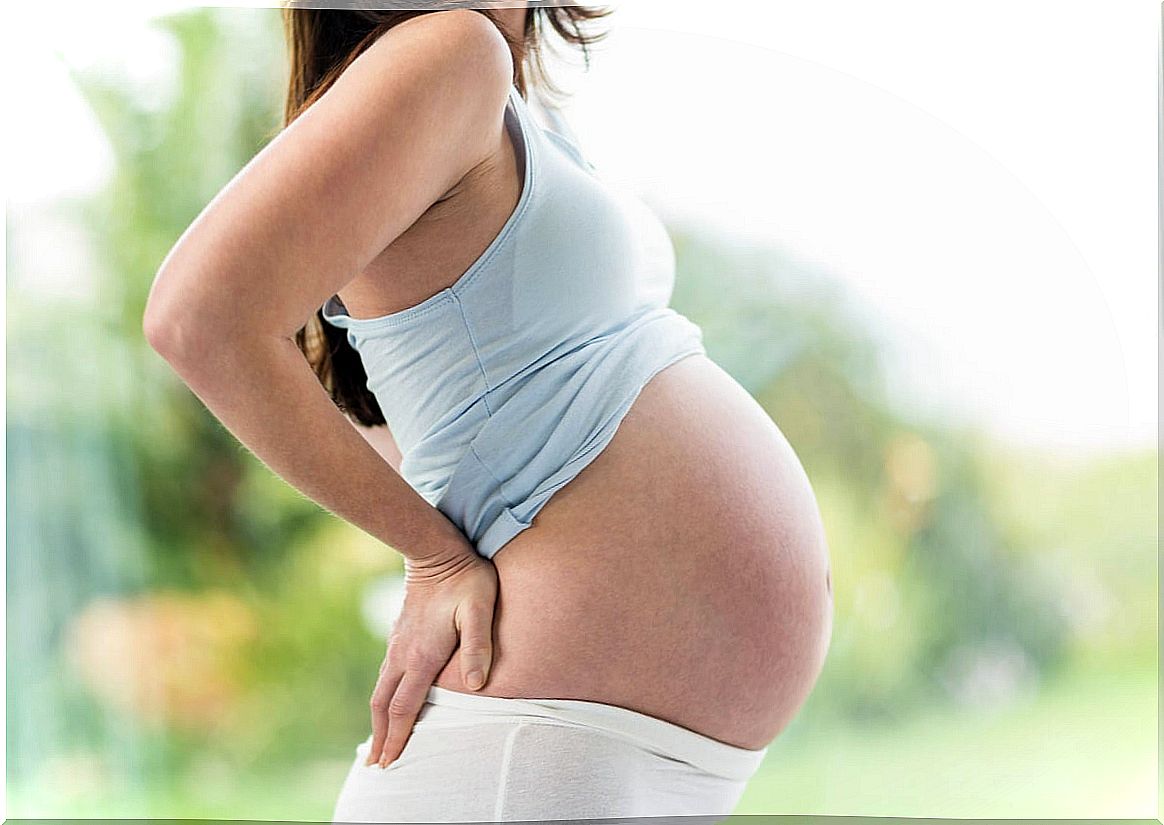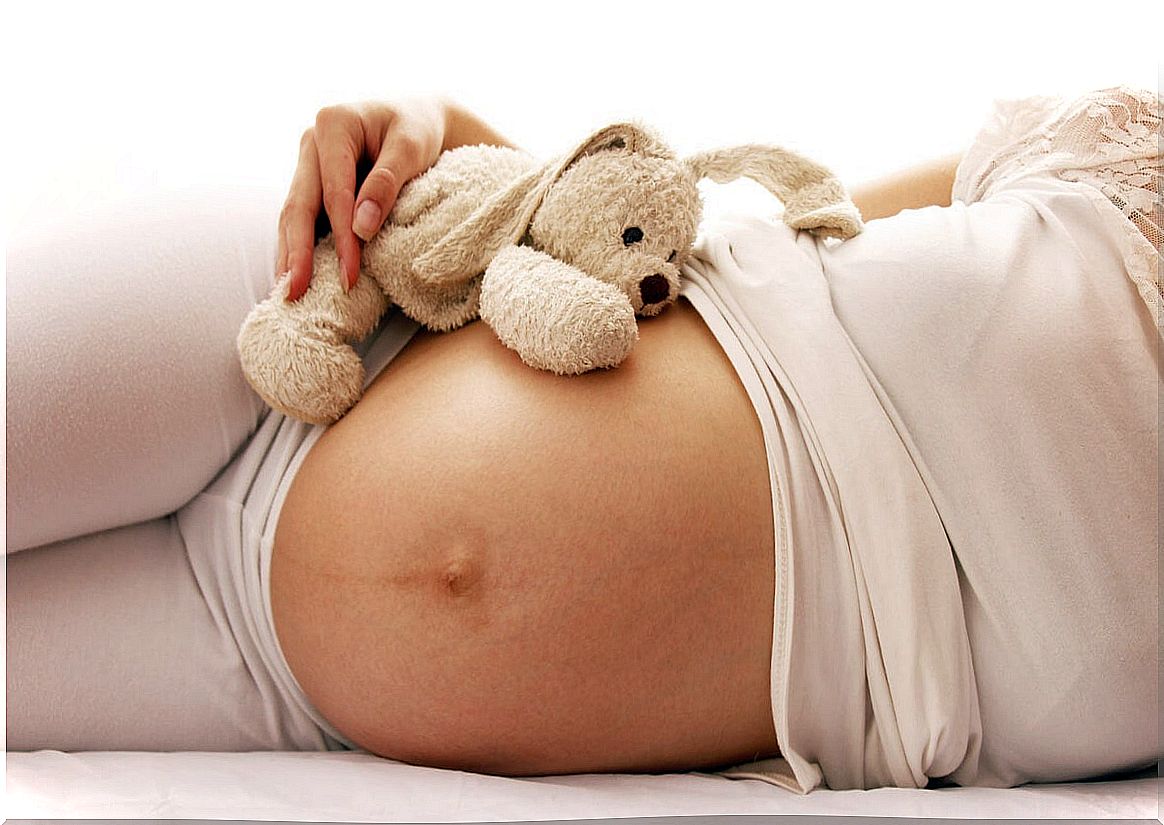Being A Mother At 40: Is It Possible?
Being a mother after 40 years is a decision that carries some risks. However, it also has its positive side and it is something very common today.

Every time it is women who decide to be a mother at 40, and even after. Unlike what happened in previous generations, it is not “so frowned upon” that she prefers her career or work over motherhood. In this article we tell you what are the advantages and risks of a late pregnancy.
Being a mother at 40: waiting to meet other goals
Formerly the goal of a woman was to get married and have children. Already for some decades this has changed a lot. The main idea is not to start a family but to succeed in the business world or in the workplace of your choice.
Also many couples prefer to travel to various parts of the planet before conceiving a baby. For this reason, it is not so unreasonable to see “old mothers” on the street. Especially in Europe.

The current lifestyle, the socioeconomic situation and technological advances in assisted reproduction have led women and married couples to a longer wait until they are parents. This does not only happen in people “on foot”. It is also a trend among celebrities. Like, for example, Madonna, Susan Sarandon and Kim Basinger. They have given birth when the four decades of life had already passed.
Although the most appropriate age to have children is between 20 and 30 years, many women choose to wait until they are 35 or older to conceive.
The truth is that after that stage, fertility is reduced by half and the chances of being a mother decrease considerably. When they turn 40, the success rate to achieve a pregnancy is only 5%.
Benefits of being a mother at 40

Advances in medicine have enabled many women to achieve their dream of being mothers even if they were single. This leads to an increase in late pregnancies. Added to a change in mentality and general lifestyle.
A 40-year-old woman has greater emotional, economic and professional maturity. This is one of the advantages in relation to young mothers.
- These women have children when and because they want to and have decided to do so.
- They also have a higher level of training. They take better care of themselves at meals, have secure jobs, and are better prepared to breastfeed.
- A “big” mother may have certain savings or investments that will assure her child of a trouble-free childhood. This can improve and even lengthen your life.
- And that also applies to the mother. Well, if you have had a pregnancy past 40, it is more likely that you can live to 80 or more. This is good news as many believe that they will not be able to see their children grow up or meet their grandchildren.
Disadvantages of being a mother at 40
Of course, not everything is rosy and there are some issues that are worth considering if you want to be a mother at 40. As we have already indicated, the chances of getting pregnant are drastically reduced. The quantity and quality of the ovules decrease about 15 years before the beginning of menopause.
Infertility is more common and also more likely to have to resort to medical treatments to become pregnant. If the couple is the same age as the woman or older, it may be even more difficult to conceive.
It should also be known that the percentages of having an abortion or that the delivery is carried out by cesarean section are higher. On the other hand, diabetes and hypertension during pregnancy are a very common problem in elderly mothers. These must be thoroughly controlled (doctors consider them at risk patients).
What about the son?

So far we have discussed the benefits and drawbacks for mothers who decide to get pregnant after age 40. Now we must focus on what happens to the baby.
One of the main fears is the appearance of chromosomal abnormalities. For example: Down syndrome (affects 1 in 100 late pregnancies).
Premature deliveries, low birth weight babies, and fetal death are also problems that become more common as the mother gets older.
Of course, among the advantages we can highlight the fact that the children are raised in a more mature and more academic environment. That is, they give more importance to their studies, they eat healthier, they are more active … In short, they can have a better lifestyle than those born to mothers in their twenties.
Finally, we can say that these children are usually only children or have siblings much older than them (in cases in which the pregnancy occurred in full menopause or due to carelessness).
These little ones may be the first and only descendants for many women. Growing up without siblings or in families where cousins or friends are older reduces contact with children their age. However, the maturity of the child also increases.
In any case, it is a situation and decision that must be evaluated with medical advice.









